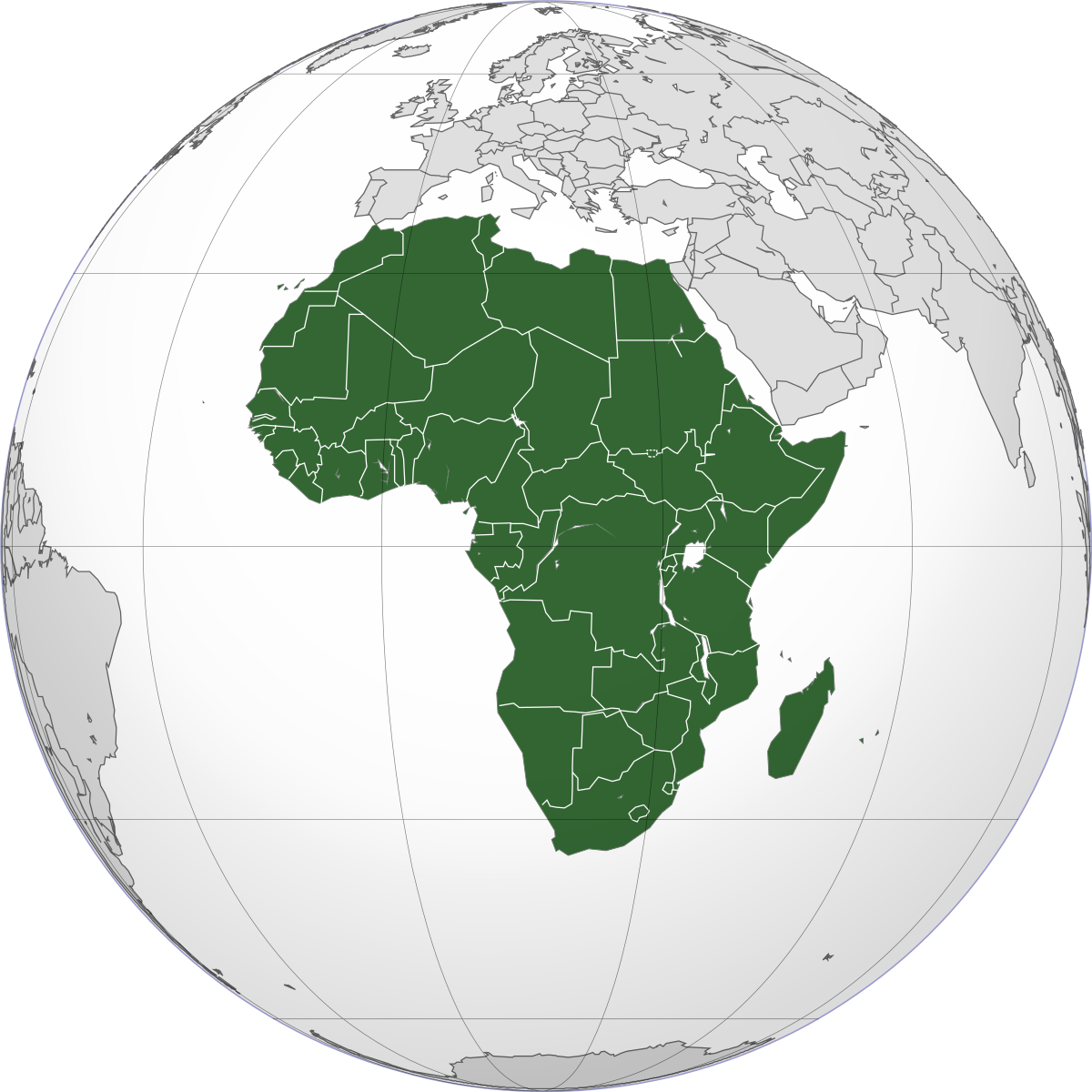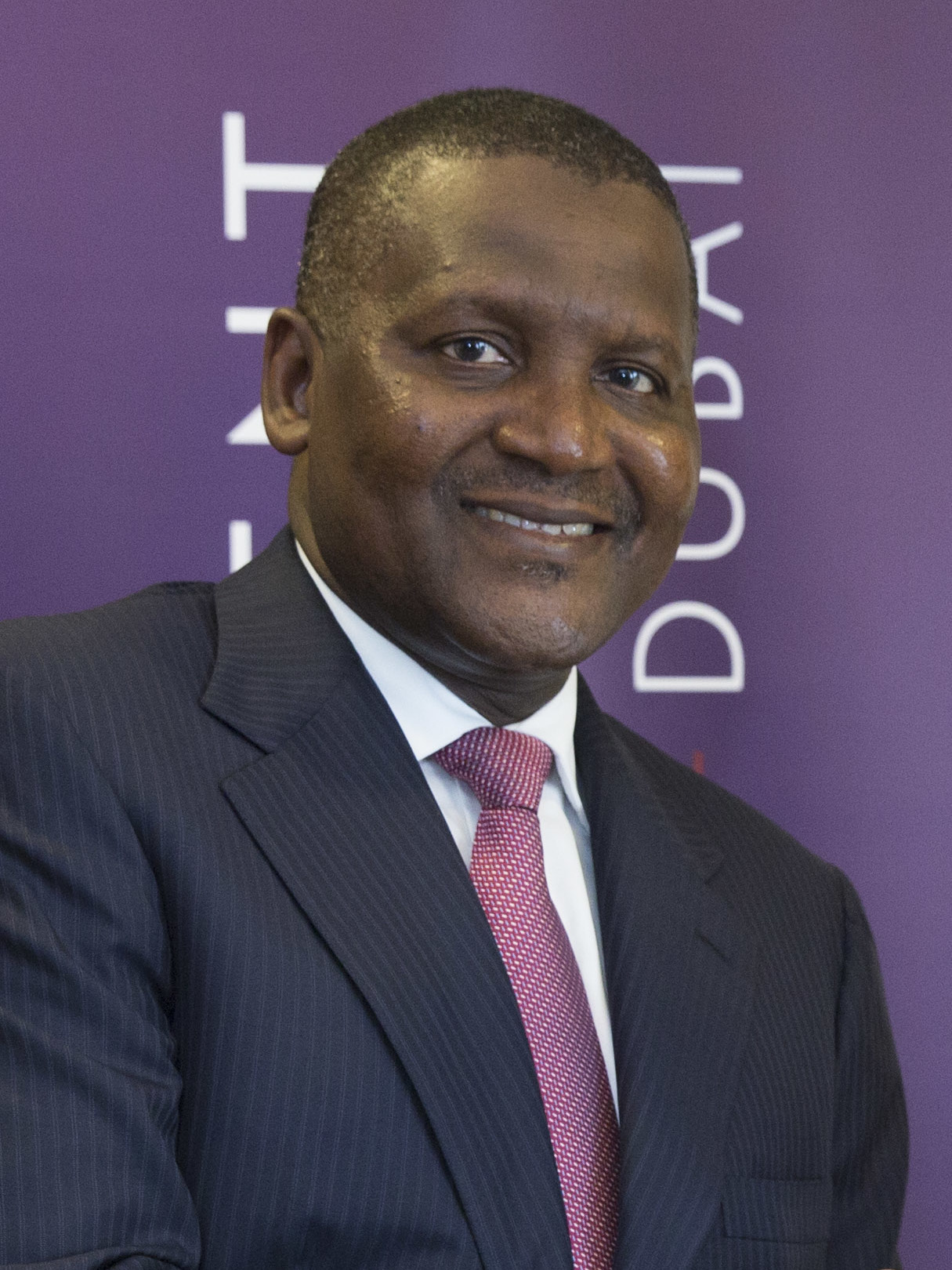Efforts to provide electricity to 300 million Africans received a significant boost as the Islamic Development Bank (IsDB), the Asian Infrastructure Investment Bank (AIIB), and other financial institutions pledged over $8bn in new funding for the Mission 300 initiative.
The program, launched in April by the World Bank and the African Development Bank (AfDB), aims to address Africa’s severe energy deficit but faces challenges due to sluggish economic growth and high debt service costs.
The initiative, estimated to cost $90bn, seeks to connect half of the continent’s 600m people currently without electricity.
Speaking at an Africa energy summit in Tanzania, Zambian President Hakainde Hichilema emphasized the financial hurdles, stating, “Our national balance sheets are insufficient to achieve Mission 300’s objectives.”
Funding for Mission 300 is expected to come from multilateral development banks, private investors, development agencies, and philanthropic organizations, including the Rockefeller Foundation.
The IsDB has committed $2.65bn in project financing and an additional $2bn in insurance for power projects across Africa, according to IsDB Chairman Muhammad al Jasser.
Meanwhile, the AIIB has pledged $1–1.5bn in financing. “Six hundred million people in Africa without access to electricity is intolerable,” AIIB President Jin Liqun remarked during the summit.
Other contributors include the French Development Agency (AFD), which committed 1 billion euros ($1.04bn), and the OPEC Fund for International Development, which pledged an initial $1bn, according to the AfDB.
The new commitments add to the $48bn previously pledged by the World Bank and the AfDB. Officials at the summit indicated that contributions from these institutions could increase during implementation to bridge the funding gap.
Mission 300 aims to allocate half of the new electricity connections through existing national grids, while the other half will be sourced from renewable energy projects, including wind and solar mini-grids according to Reuters news.
Beyond powering homes and businesses, the initiative is also expected to enhance access to clean cooking energy, reducing reliance on wood and charcoal, which have adverse environmental and health impacts, according to Tanzanian President Samia Suluhu Hassan.
As Africa grapples with its energy crisis, the latest financial commitments signal strong international support for electrification efforts. However, sustaining momentum will require continued collaboration among governments, financial institutions, and the private sector to overcome economic and infrastructural barriers.





